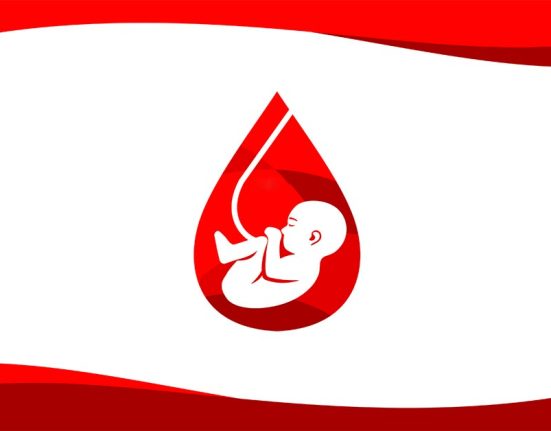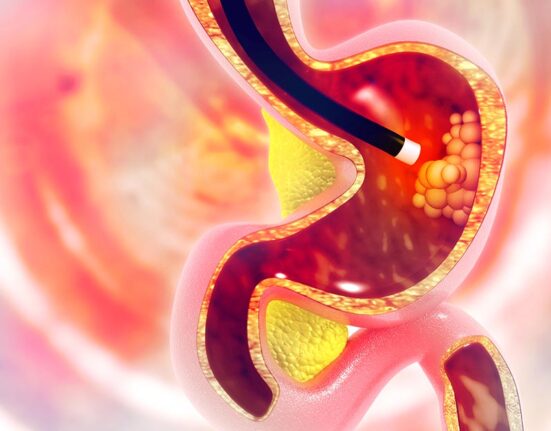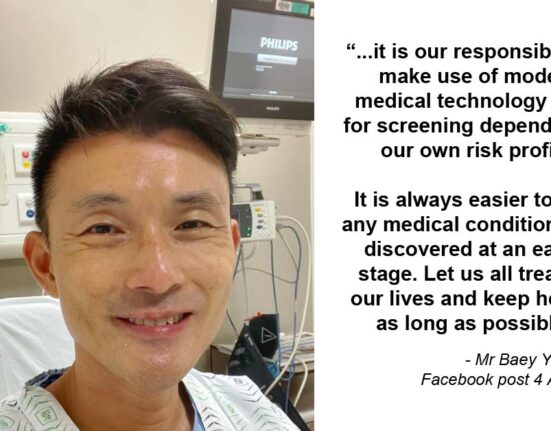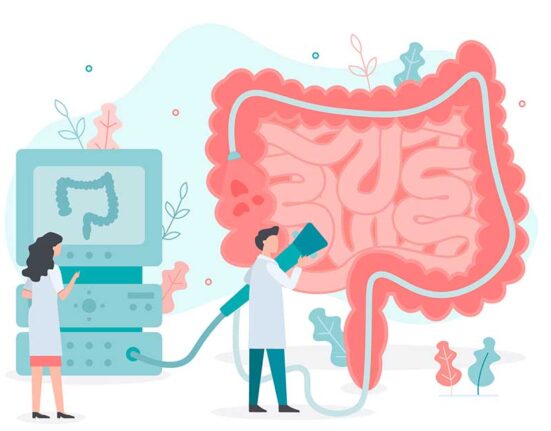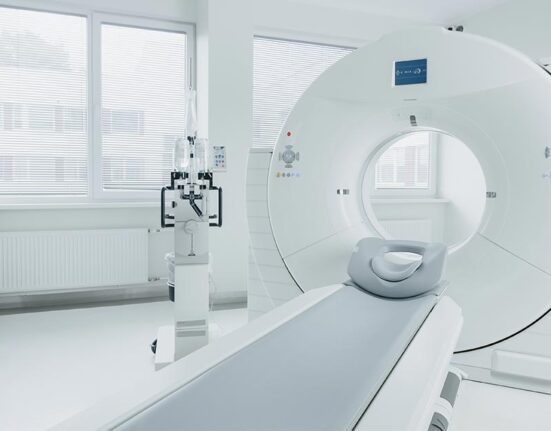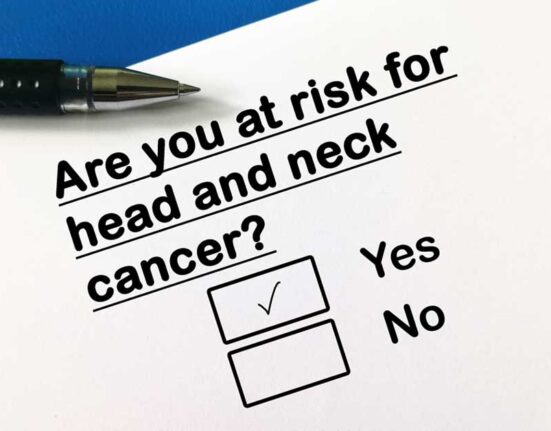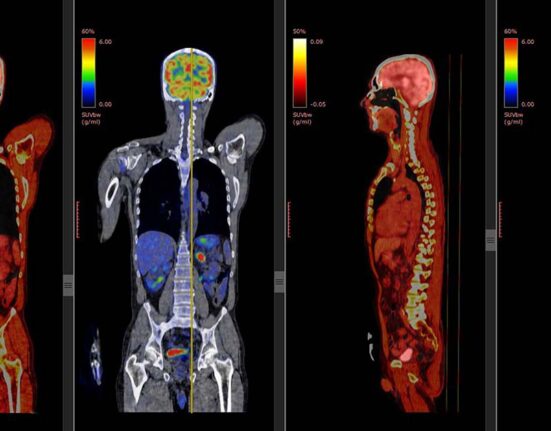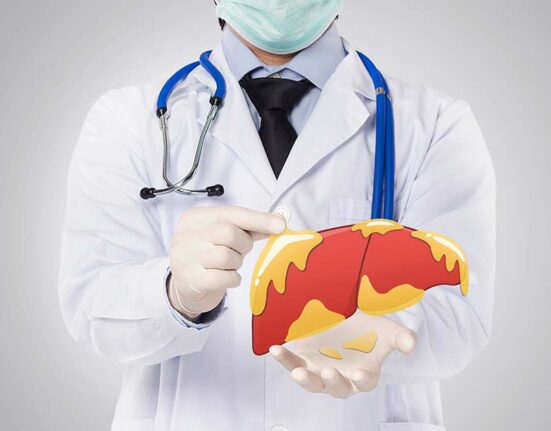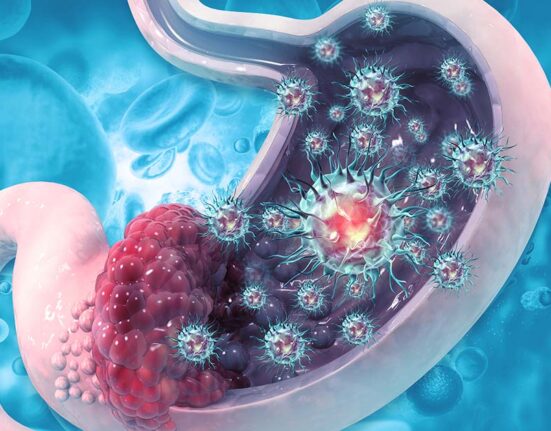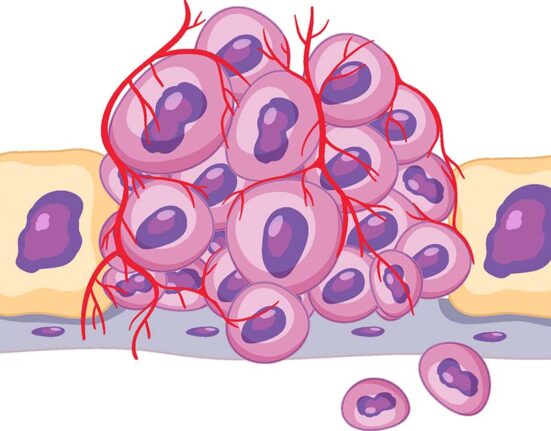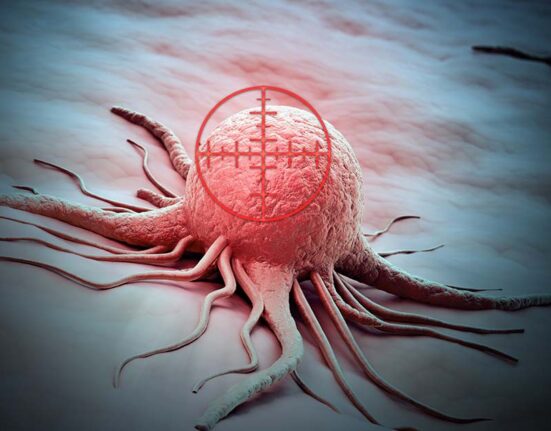Common Symptoms Of Lung Cancer You Need To Know
Lung cancer does not always produce noticeable symptoms in the early stages. Because there are very few nerve endings in the lungs, a tumour could grow without causing pain or discomfort. As a result, many people are not diagnosed until the disease has advanced. However, there are a few early symptoms that do occur in some people. When symptoms are present, they may also present differently in each person.
- A new cough that does not go away, and worsens over time.
- Coughing up blood, even a small amount (Hemoptysis).
- Shortness of breath, wheezing, or hoarseness.
- Constant chest pain.
- General weakness, tiredness, and unexplained weight loss.
- A change in the voice.
- Loss of appetite.
- Headache.
Symptoms May Appear In Other Parts Of The Body
When lung cancer metastasizes (i.e., grows and spreads) to other parts of the body, it can result in symptoms that appear in those areas as well.
- Lumps – If cancer makes it to the lymph nodes, tumours near the skin’s surface may look like lumps.
- Horner syndrome – When tumours cause nerve damage, symptoms could affect one side of the face. Droopy eyelids or pupil reduction may occur.
- Paraneoplastic syndrome – Sometimes cancer can produce chemicals that force other reactions in particular areas of the body. This can evoke high blood calcium levels (hypercalcemia), blood clots, or excessive bone growth.
- Superior vena cava syndrome – Also known as SVC, the superior vena cava is a vein that moves blood from the head and arms to the heart. It also passes the upper part of the right lung and lymph nodes. Tumours can push on the SVC and cause blood to back up into the veins. In turn, this can generate swelling in the face, neck, arms, and upper chest. Other symptoms include a bluish skin colour.
- Metastases – Sometimes lung cancer can spread to the bones, liver, brain, or spinal cord.
- Bone – If cancer moves to the bones, it can cause pain in the ribs or vertebrae. This can also cause fractures, constipation, and loss of ability to focus.
- Liver – When tumours make it to the liver, nausea, fatigue, swelling of the abdominal and hands, yellowing, or itchy skin can occur.
- Nervous System – Cancer spreading to either the brain or spinal cord may cause chronic headaches, blurred or double vision, speech issues, or seizures
When To See A Doctor
It is advisable to consult your doctor or see a lung specialist if you notice symptoms of lung cancer.
These lung specialists can also recommend strategies for quitting smoking, such as counselling, medications, and nicotine replacement products to those who are planning on quitting smoking or are unable to give up the habit of smoking.
Protect against cancer, cardiovascular disease, and other chronic diseases with regular health screening. Compare and shop for health screenings from Singapore and regional healthcare providers at a single convenient platform - shop.health365.sg
This article is informative only and is not intended to be a substitute for professional medical advice, diagnosis, or treatment, and should never be relied upon for specific medical advice.



